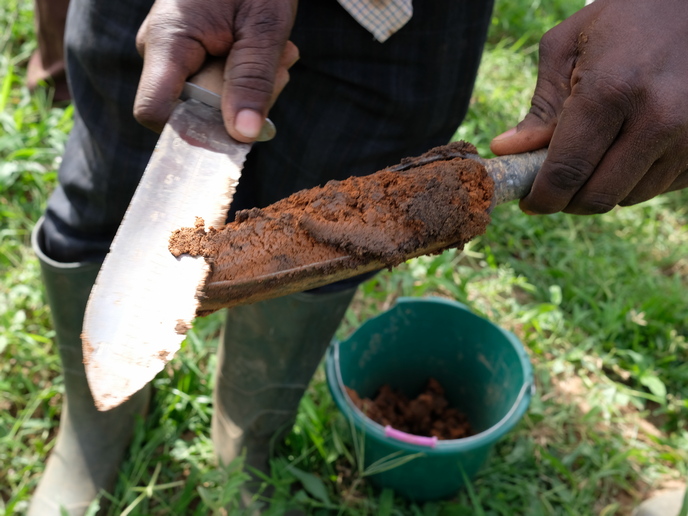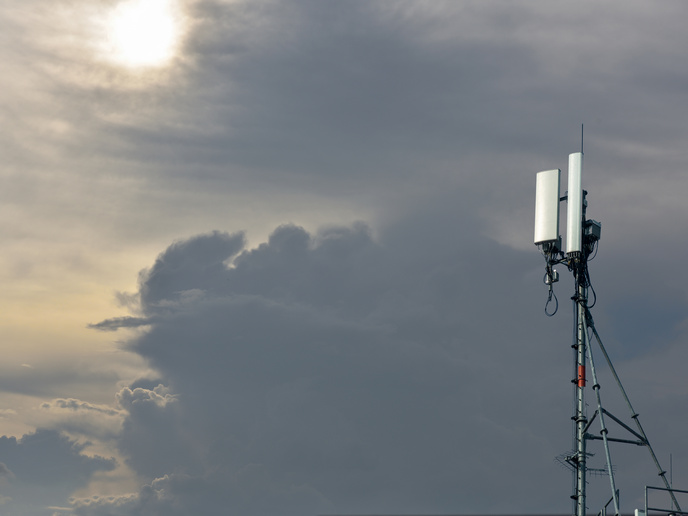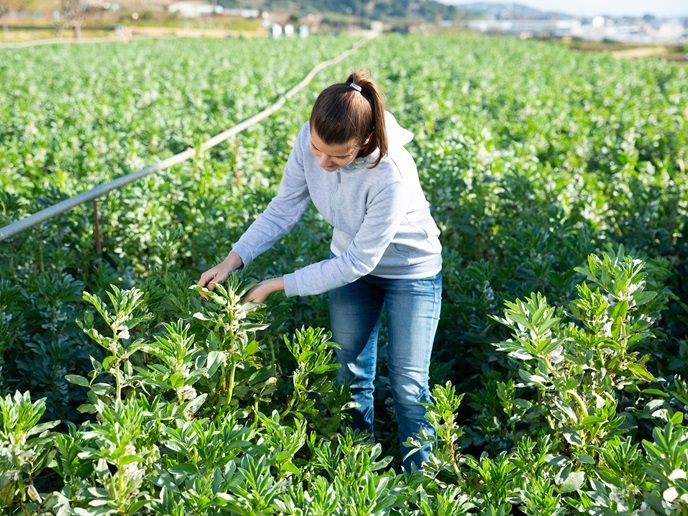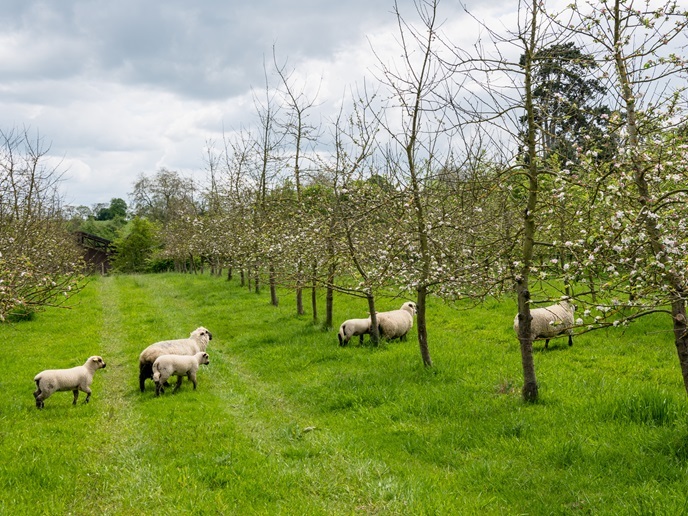‘FAIRification’ of soil monitoring data in Africa
Human activities are causing substantial soil degradation in Sub-Saharan Africa, contributing to an alarming decline in agricultural productivity, according to the Food and Agriculture Organization’s Status of the World’s Soil Resources(opens in new window) report. Furthermore, soil degradation limits the ability to use sustainable agricultural intensification, which is desperately needed. Lack of knowledge and information is a major obstacle to solving these problems. Existing soil data is outdated, largely incomparable due to non-standardised collection and analysis methods, and not easily accessible. The EU-funded Soils4Africa(opens in new window) project, a collaboration between the EU and the African Union, has addressed these challenges with an open-access soil information system(opens in new window) (SIS) which is a one-stop shop for data, protocols, manuals and tools. The project’s extensive and intensive training and capacity building will support continued improved data collection and analyses, the sustainability of the SIS and its long-term impact.
Agricultural land map, soil sampling guidance and a wealth of data
“Soils4Africa mapped the agricultural land in Africa from satellite imagery. Using this and our robust soil sampling protocol, survey-data management tool and standard operating procedures for field and lab, we collected and analysed soil samples from agricultural lands in 33 countries in Africa,” explains project coordinator Mary Steverink-Mosugu of Stichting International Soil Reference and Information Centre(opens in new window) (ISRIC – World Soil Information). The SIS was populated with the data generated, including a unique dataset on the prevalence of pesticide residues and heavy metals across Africa. Furthermore, the SIS provides links to other African datasets and platforms.
Training and capacity building
The project has had a significant impact on human capital by expanding expertise and experience in soil monitoring and assessment via a substantial and well-delivered training programme. The SIS hosts the project’s protocols, technical manuals, guidelines and tools for continental soil monitoring and assessment. Workflow manuals and tutorials explain, among other things, how to develop digital soil maps and conduct spectral modelling using Soils4Africa data. In addition, “a network of soil surveyors and national partners has resulted, with some contributing to further cooperation on SIS development efforts on the continent and to the ISRIC-managed community of practice,” Steverink-Mosugu adds.
Supporting present and future research and policy development
“Soils4Africa sets a standard for SIS development and interoperable soil data exchange across Africa. The SIS will be the foundation of the Africa Union Soil Observatory, supporting future soil monitoring at the continental level,” notes Steverink-Mosugu. A public release of the data is scheduled for 31 May 2026 in accordance with findable, accessible, interoperable and reusable (FAIR) principles. The data will be invaluable in identifying data gaps to improve the focus of national level monitoring. It will also enable better predictions of soil conditions at the global level and contribute to global assessment efforts in other domains such as climate change and water security. Finally, the project provides an excellent start for communication and advocacy strategies for stakeholder engagement to support the goals of the Africa Fertilizer and Soil Health Action Plan(opens in new window). By improving the quality and availability of African soil data, Soils4Africa and its resulting SIS will support farmers, agri-businesses, scientists and policymakers in their efforts towards sustainable agricultural intensification and greater food security on the continent.







